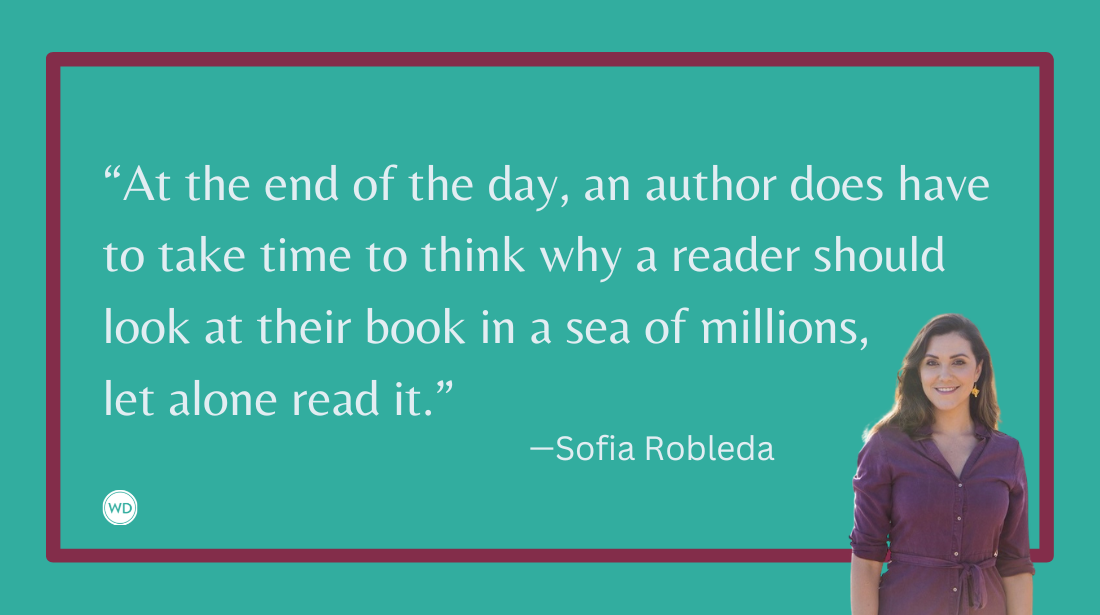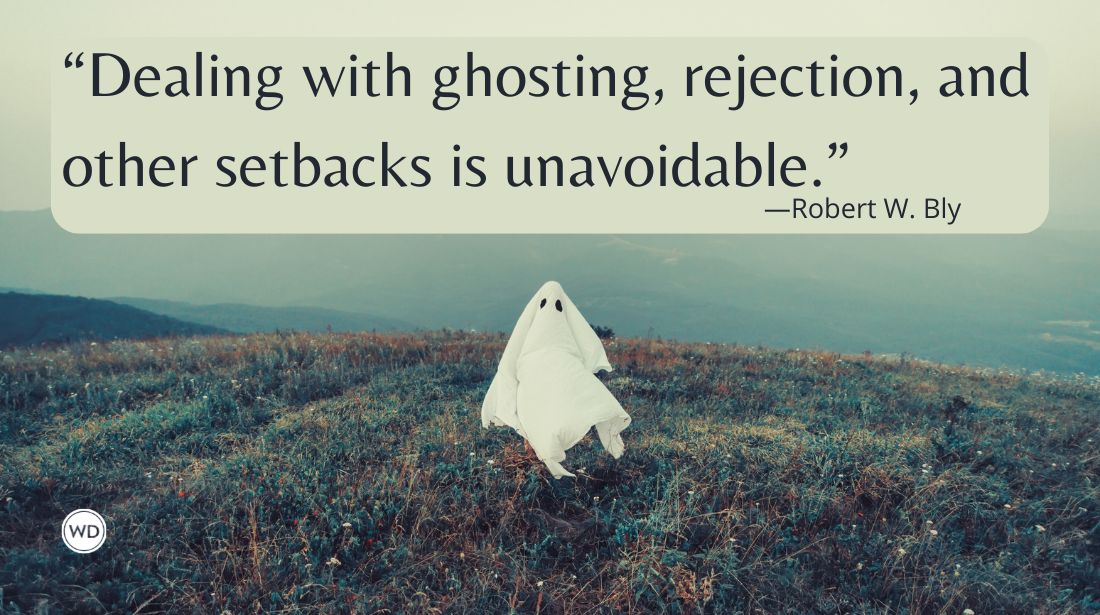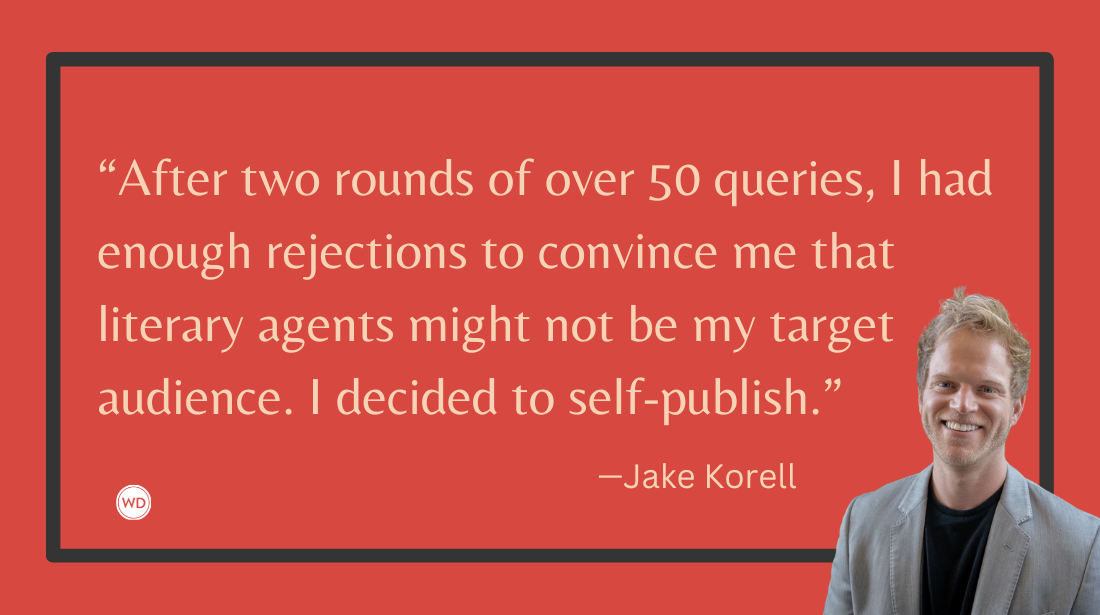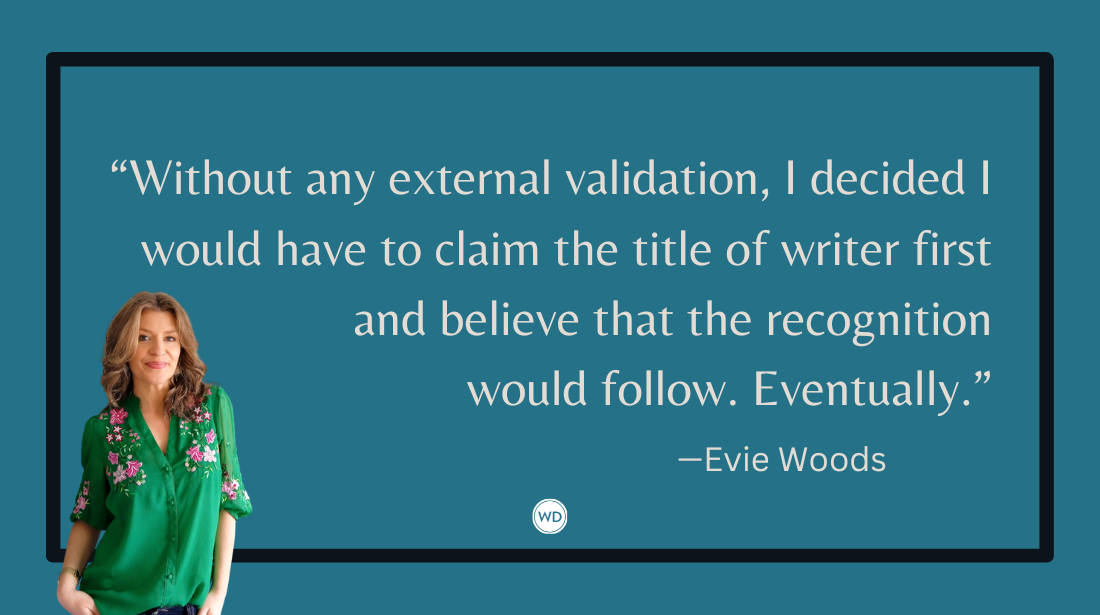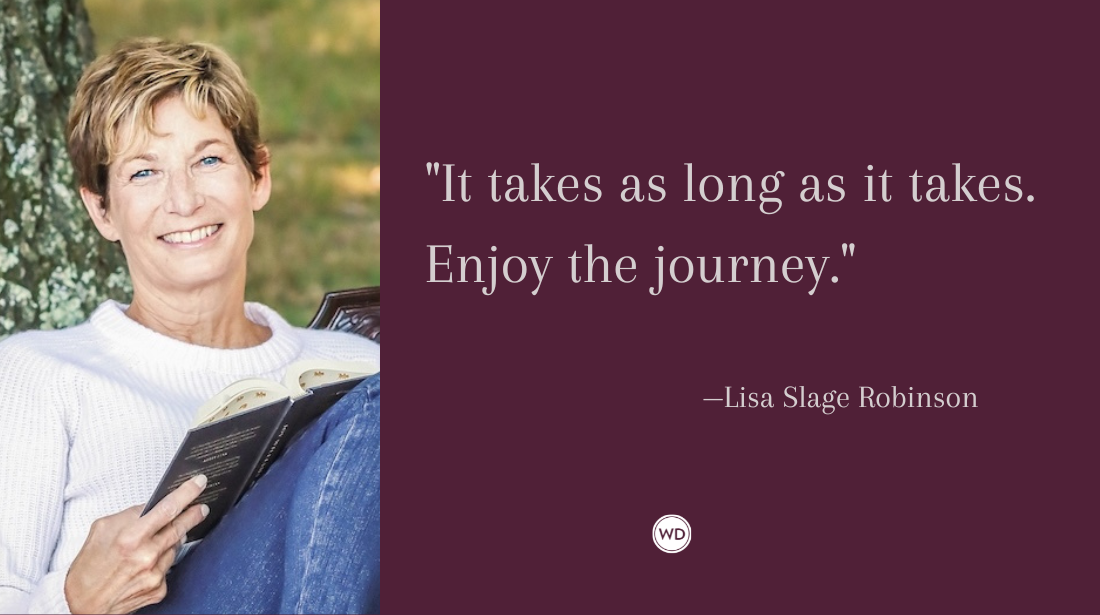What Writers Need to Know About Formatting (FAQs)
When writing your future bestseller you don’t want to have to waste too much time wondering if you should be leaving one space or two between sentences or worried that you’re committing other style faux pas. Here I’ve collected a writer’s set of FAQs about formatting issues that will help you navigate the basics.
When writing your future bestseller you don't want to have to waste too much time wondering if you should be leaving one space or two between sentences or worried that you're committing other style faux pas. Here I’ve collected a writer’s set of FAQs about formatting (and formatting-related) issues that will help you navigate the basics.
One excellent resource for making sure your manuscript, query letter, book proposal, synopsis, etc., is formatted correctly is Formatting & Submitting Your Manuscript 4th Edition. It's one of our bestsellers and has answers to just about every formatting question you could possibly have. Check it out.
Follow me on Twitter: @BrianKlems
Read my Dad blog: TheLifeOfDad.com
Sign up for my free weekly eNewsletter: WD Newsletter
Brian A. Klems is the former Senior Online Editor of Writer’s Digest, and author of Oh Boy, You’re Having a Girl (Adams Media/Simon & Schuster). Follow him on Twitter @BrianKlems.





